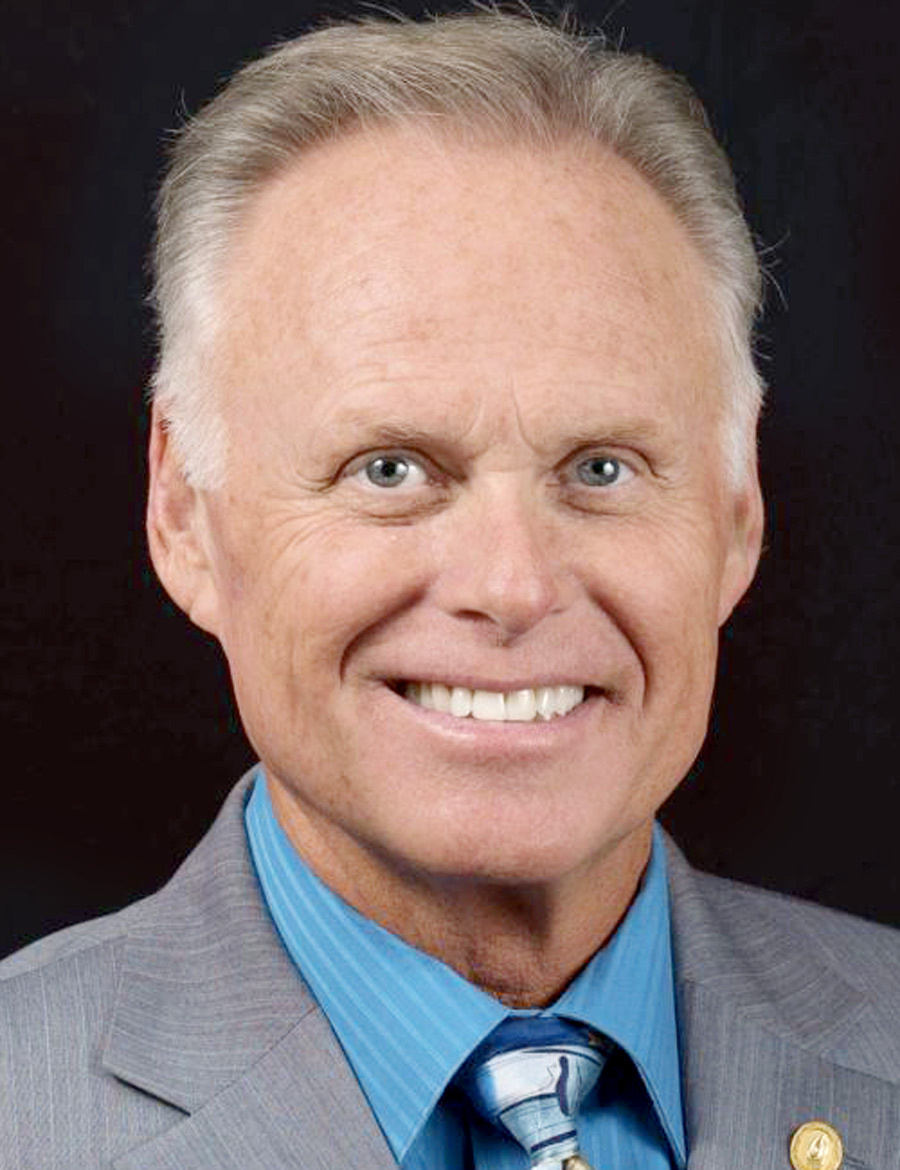


by MONIKA MOULIN, CHARLES WEIS AND TERI VIGIL

What is the board’s role in negotiations?
Monika: Having a clear understanding of the school board’s important role as a collective governing body in labor negotiations with the district’s bargaining units is imperative. It is first critically important for individual trustees to have a shared, clear understanding as to why it has become a promising practice adopted by many California school districts not to have an individual trustee sit at the table during the negotiation process.
Protecting the integrity of the process is so important that most districts do not have board members involved in negotiations. A quick overview of why this practice is so widespread reveals that it helps ensure that each board member has access to the same information that might be put forth by either or both parties. Further, it enables the board to speak with a unified voice throughout the process about the direction the district wants negotiations to go. Lastly, it lets the board stay appropriately laser-focused on providing unambiguous direction to its trusted, appointed negotiator or negotiation team as the board monitors the process and ultimately ratifies agreements once they’re reached.
In summary, boards can carry out their responsibilities by: (1) establishing the structure in which effective negotiations can take place and (2) ensuring accountability with the public, who deserve and expect transparent communications from the governing board to whom they have entrusted their schools and indeed their children. Boards do not have the luxury of representing only one group or one position, but must in fact represent all constituencies, starting with students but also including many other important sectors of the community at large.
Charles: As a two-term school board member, a 19-year county superintendent and a recent addition to the CSBA Masters in Governance faculty, I have learned that creating the tone and culture for collective bargaining is as important as anything board members can do.
Maintaining a culture of quality relationships results from remembering that after negotiations are complete for this year, you will work closely with the staff represented by the associations with whom you are bargaining. You will be serving on the same team once again. Treating every staff member as a school district “family member,” with whom you may have disagreements, will keep you from becoming disagreeable. The board must establish a framework and provide direction to your negotiation team, which includes outlining parameters for settlements that are based on factual information about expected revenue and expenditures while focusing on long-term priorities. This means considering what fair pay, benefits and optimal working conditions are while ensuring that management’s authority is maintained.
Creating and maintaining a positive tone and culture for collective bargaining when communicating at board meetings and in other public settings will go a long way toward maintaining a positive negotiation climate. One way to do this is by focusing on the interests of each association and the board, separating people from the problems, working together to create options that will satisfy both parties, and following a set of pre-established rules and agreements for negotiating. Attempting to find common ground and refraining from bad mouthing either side in the bargaining process is also helpful. Keeping confidential information confidential and maintaining a central communication source when queried will maintain a smoother process. Some districts have found that establishing a budget committee made up of members of each union, management and the community before negotiations begin builds trust in the budget figures and eases demands.
Teri: Traditionally, the board’s role during negotiations is that of a gatekeeper — providing an objective, level-headed review concerning the merits of the proposals presented while keeping the best interests of the entire district in mind. A certain amount of separation should always exist between board members and district employees in order to reduce the chances that the board’s decision-making ability might be compromised by things that occur at the bargaining table. We have discussed a governance team’s role in negotiations, but what does an individual board member’s involvement look like? We must understand our role in order to support our district negotiations team.
As board members, we have the helicopter view of the district. We don’t do the day-to-day work of the district. We receive regular updates on negotiations in closed session. Our individual obligation is to understand the fiscal implications on the budget. Can we stay fiscally solvent while honoring our collective bargaining agreements? Does the contract honor our district goals? These are important questions we need to ask ourselves as individual board members. When individual board members get involved in negotiations, things can get complicated. We must trust our negotiations team to do this work. Also, side negotiations can hurt the position of the district. While a board member might see a meeting with bargaining team members as harmless, the conversation might be detrimental to the position of the negotiations team. We must remember the important tenet of governance: no individual board member has individual power of authority. We, as individual board members, need to make that transition from “I” to “we.” We are part of a governance team. Ultimately, every school district must assemble a bargaining team that not only understands the goals of the district but is effective at negotiating responsible labor agreements that incorporate those goals.
Editor’s Note: Teri Vigil passed away in late December. CSBA CEO & Executive Director Vernon M. Billy wrote about her contributions to CSBA in the January 2021 issue of California School News. The following is an excerpt: To know Teri was to truly know someone who cared not only about the work she did, but the people around her. As a trustee of more than 25 years in the Fall River Joint Unified School District, CSBA’s resident expert on small school districts, a search consultant identifying superintendent candidates, a professional learning facilitator helping districts navigate the Local Control Funding Formula and Local Control and Accountability Plan process, and the primary author of the “Boardwise” column in CSBA’s magazine California Schools, Teri epitomized the values of CSBA.